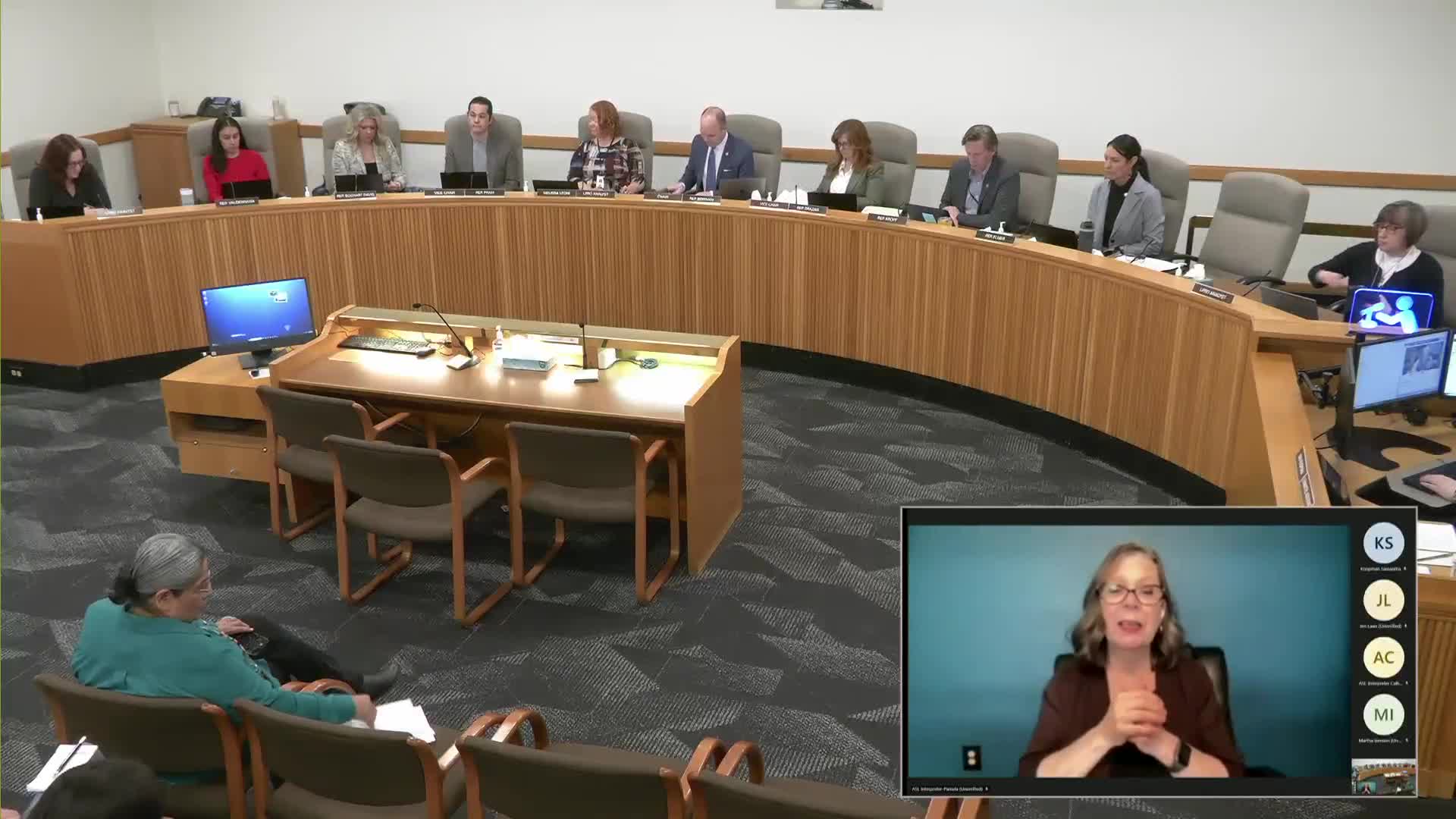Panel supports bill to compile offensive geographic names list; governor and tribes back comprehensive renaming process
Get AI-powered insights, summaries, and transcripts
Subscribe
Summary
House Bill 3,532 (dash A2) would direct the Oregon Historical Society and the Oregon Geographic Names Board to compile a list of highways and geographic features bearing offensive names and recommend replacements; supporters including former Governor Kate Brown and tribal representatives urged proactive, consultative renaming.
House Bill 3,532, with the A2 amendment, would direct the Oregon Historical Society, in consultation with the Oregon Geographic Names Board and the state’s nine federally recognized tribes, to compile a list of geographic features and recommend non-offensive names to the U.S. Board on Geographic Names.
Representative Tawna Sanchez told the House Committee on Rules on April 21 that the amended bill narrows earlier drafts and focuses on geographic features such as mountains, buttes, gulches, rivers and creeks; it removes a broader highway renaming component because that would require additional jurisdictional steps under state law. Former Governor Kate Brown testified in support in her capacity as a citizen, noting earlier legislative work she sponsored in 2001 to eliminate a particularly derogatory name and describing the current bill as a proactive, broader approach.
Justin Martin of the Confederated Tribes of Grand Ronde and several tribal witnesses said they support the bill and the A2 amendment’s requirement that the executive secretary of the Oregon Geographic Names Board consult with the nine federally recognized tribes as the list is compiled. Martha Klein Isenson, staff attorney for the Confederated Tribes of the Umatilla Indian Reservations, testified that CTUIR reviewed the A2 amendment and remains committed to the bill’s passage; she said the amendment is needed for jurisdictional and capacity reasons related to highway renaming under ORS 801.305 and that it would not supplant future consultation on road and highway renaming.
Committee members asked whether a list of offensive names already exists and whether prior implementation efforts had left unaddressed names. Testimony indicated the Oregon Geographic Names Board and Oregon Historical Society do maintain lists and that previous legislation (cited in testimony as Senate Bill 488, passed in the past) focused first on a single derogatory term; the current measure expands and systematizes the process. Witnesses said the new measure would encourage a proactive statewide approach and continue tribal consultation and community engagement.
No committee vote on final passage was recorded at the hearing; proponents said they expect to continue consultation and stakeholder work to refine implementation.
